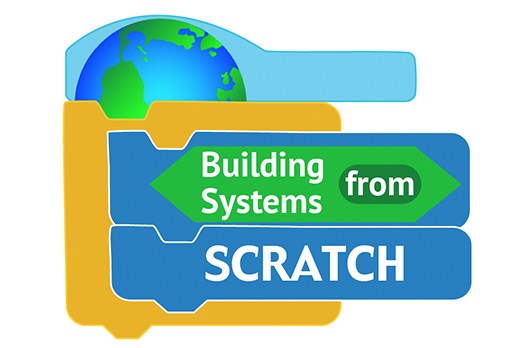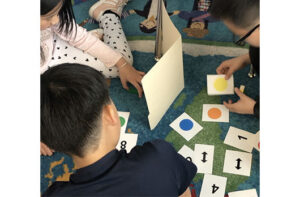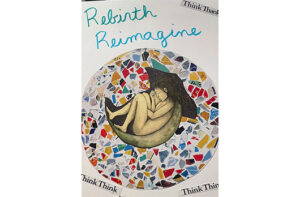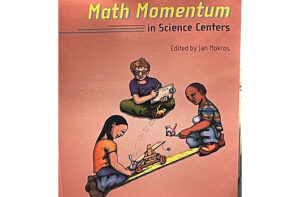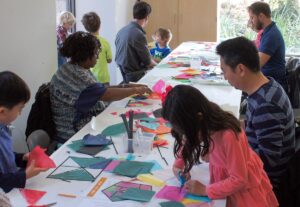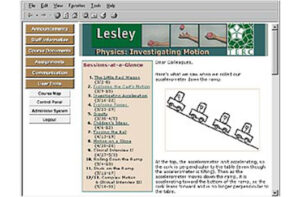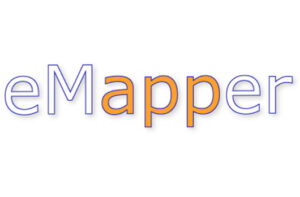“So, we kind of started from scratch, no pun intended”: What can students learn from designing games?
Puttick, G., Cassidy, M., Tucker-Raymond, E., Troiano, G. M., & Harteveld, C.
(2023). “So, we kind of started from scratch, no pun intended”: What can students learn from designing games? Journal of Research in Science Teaching, 1–37. https://doi.org/10.1002/tea.21918
Abstract
Much research attention has been focused on learning through game playing. However, very little has been focused on student learning through game making, especially in science. Moreover, none of the studies on learning through making games has presented an account of how students engage in the process of game design in real time. The present study seeks to address that gap. We report an exploratory embedded case study in which three groups of students in one classroom created a computer game designed to teach peers about climate science, while drawing on scientific knowledge, principles of game design, and computational thinking practices. Data sources were student design sheets, computer video, and audio screen capture while students created their game, and interviews after completing the curriculum unit. A theme-driven framework was used to code the data. A curricular emphasis on systems across climate systems, game design, and computational thinking practices provided a context designed to synergistically supported student learning. This embedded case study provides a rich example of what a collaborative game design task in a constructionist context looks like in a middle school science classroom, and how it supports student learning. Game design in a constructionist learning environment that emphasized learning through building a game allowed students to choose their pathways through the learning experience and resulted in learning for all despite various levels of programming experience. Our findings suggest that game design may be a promising context for supporting student learning in STEM disciplines.

Related People:
Gillian Puttick and Michael Cassidy

